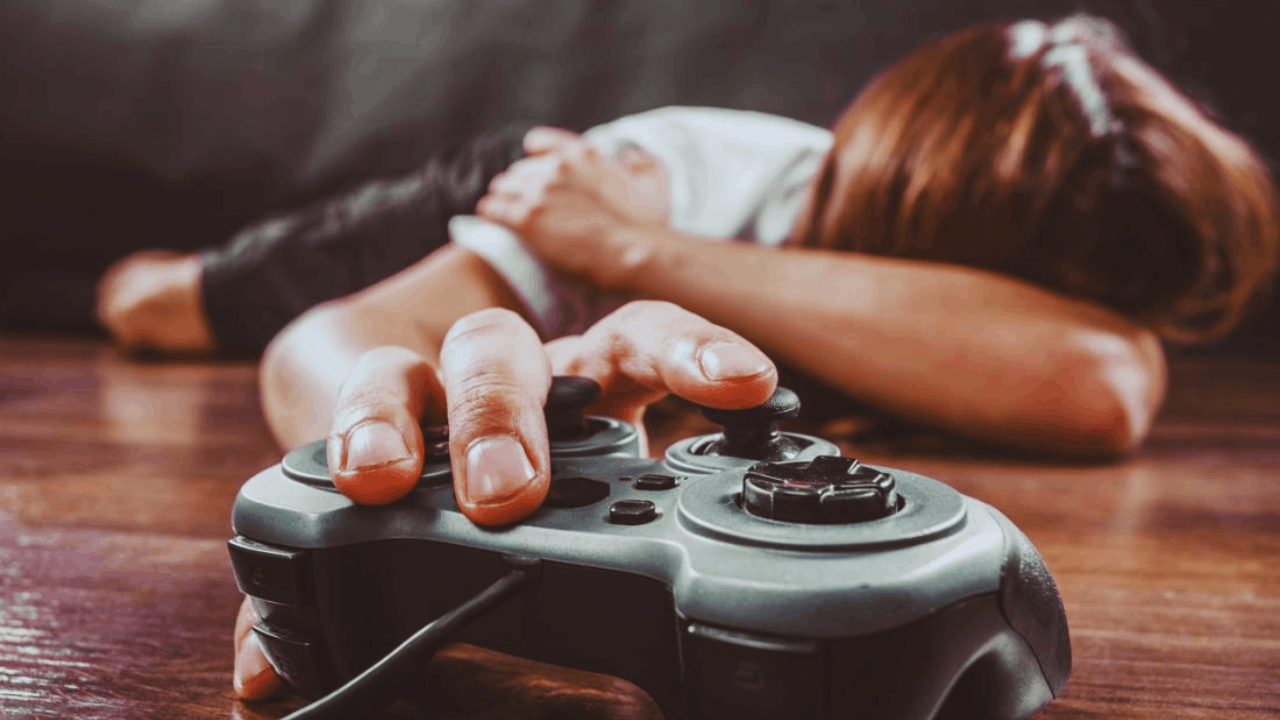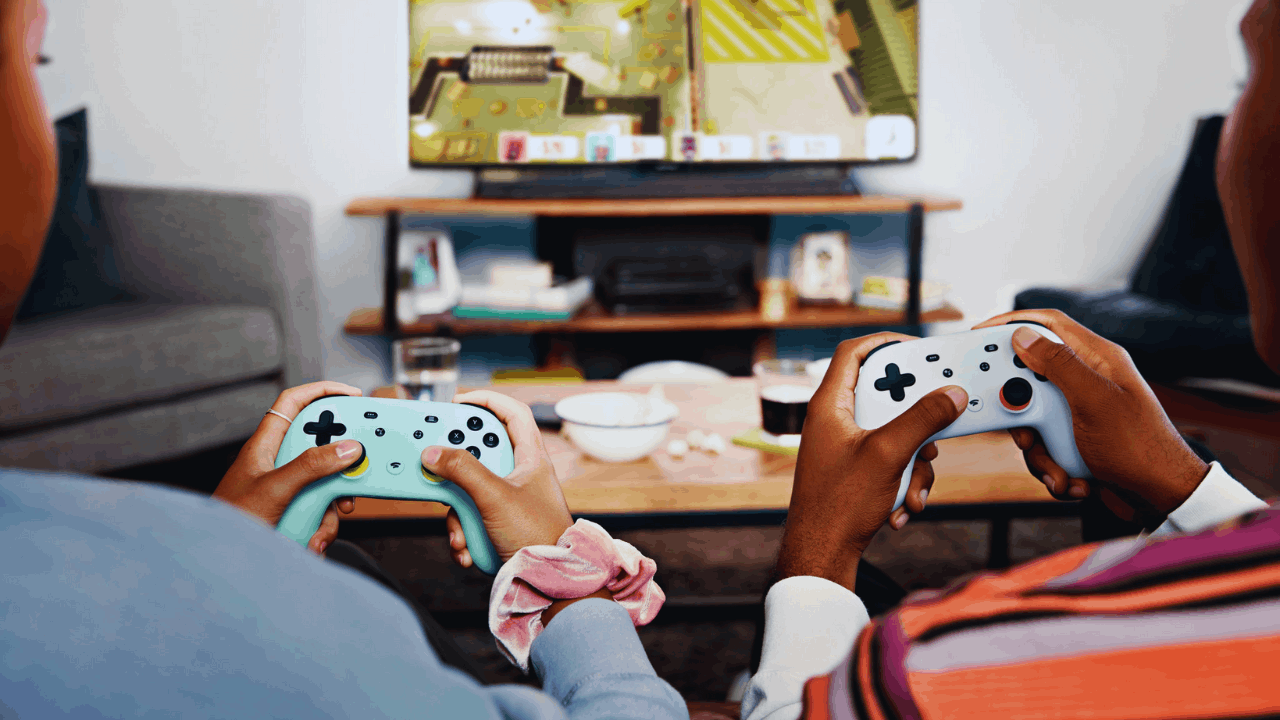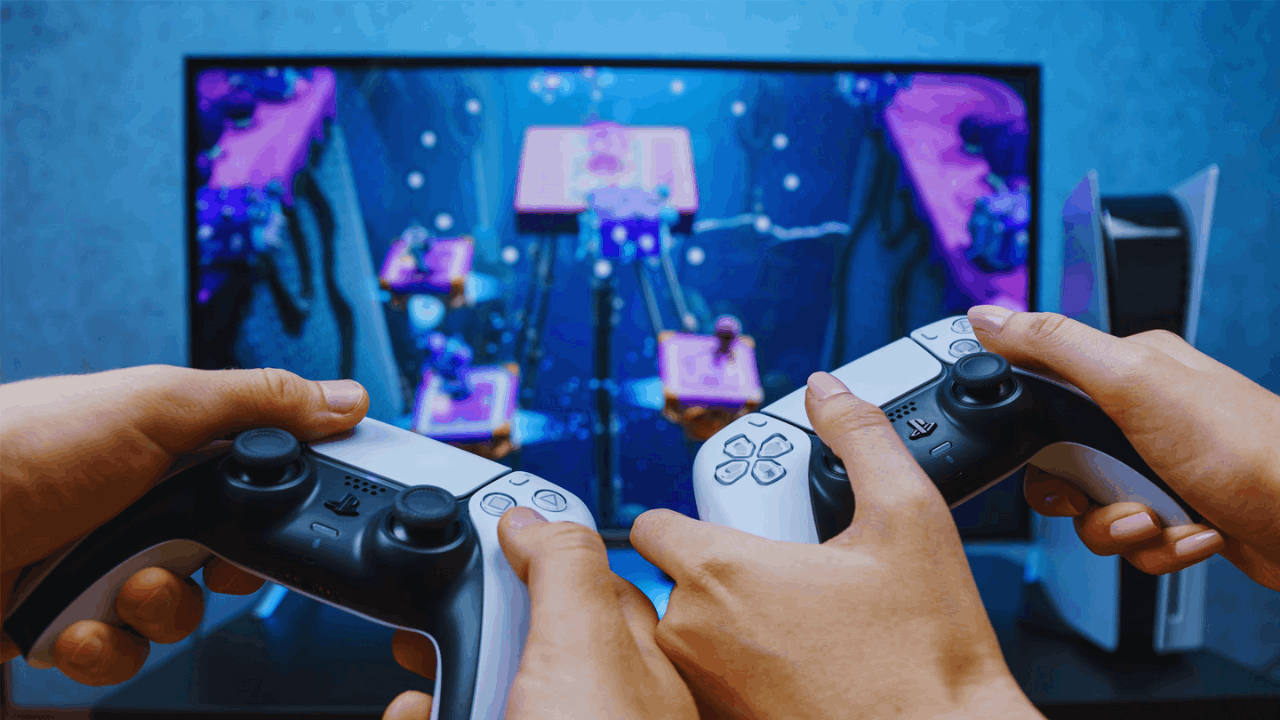Many people are asking whether video games are harmful or beneficial, as gaming becomes an even bigger part of entertainment and everyday life.
Opinions often vary depending on personal experience, cultural perspective, and how games are used. Some argue that they offer valuable skills and social opportunities, while others warn about adverse physical and mental effects.
Understanding both sides can help form a balanced view of the role games play in modern living.

Understanding the Potential Benefits of Gaming
Video games can provide a range of advantages that go beyond simple amusement.
They are designed to engage the mind, test skills, and encourage creative problem-solving in a way that few other activities can.

In many cases, gaming can be a learning tool as well as a source of social connection. Recognizing these benefits offers insight into why gaming has become so deeply integrated into culture.
Cognitive Skills Can Improve Through Play
Many games challenge players with puzzles, complex strategies, and fast decision-making.
These experiences can enhance memory, focus, and problem-solving abilities when approached mindfully. Some studies suggest that certain types of games help develop spatial awareness and logical thinking.
Over time, these improvements can carry over into real-world situations where quick thinking is necessary.
Social Interaction Is Encouraged in Multiplayer Settings
Online and cooperative games connect players from around the world in shared experiences.
These interactions can build teamwork, communication, and leadership skills through virtual collaboration.
Friends who live far apart can maintain strong connections by playing together regularly. This sense of belonging can have a positive effect on emotional well-being.
Games Offer Opportunities for Creative Expression
Sandbox and role-playing games often allow players to create characters, build worlds, and shape unique narratives.
These creative opportunities provide an outlet for imagination that is both personal and interactive.
Customization and storytelling give players a sense of ownership over their experiences. For some, this creativity is as important as the gameplay itself.
Recognizing the Risks Associated With Gaming
While there are many positives, it is important to acknowledge the possible drawbacks of excessive or unbalanced gaming.

Some people may develop unhealthy habits that interfere with daily responsibilities.
Understanding these risks is essential for maintaining a healthy relationship with gaming. Awareness can prevent small issues from becoming long-term problems.
Physical Health Can Be Affected by Sedentary Play
Spending long hours sitting while playing can contribute to reduced physical activity and related health concerns.
Extended sessions without movement can lead to muscle strain, posture issues, and weight gain over time.
Eye strain from prolonged screen use can also become a problem if breaks are not taken. Balancing gaming with regular physical activity is key to avoiding these issues.
Mental Health May Be Impacted by Overuse
In some cases, heavy gaming can lead to feelings of isolation, irritability, or anxiety, particularly when it replaces face-to-face interaction.
The competitive nature of certain games may increase stress levels in sensitive individuals.
While many players experience gaming as a stress reliever, others may find it contributes to emotional fatigue. Recognizing personal limits is important to preserve mental health.
Sleep Patterns Can Suffer From Late-Night Sessions
Playing late into the night can disrupt the body’s natural sleep cycle and lead to poor rest.
Sleep deprivation impacts concentration, mood, and overall health, making it harder to function during the day.
The stimulating nature of gaming can make it difficult to wind down after intense sessions. Setting limits on evening play can help maintain a healthier routine.
Examining the Impact of Game Content
The type of games played also plays a significant role in determining their influence.

Different genres and themes can lead to varying outcomes for players. While some games promote positive messages and skill development, others may focus on aggression or risky behavior.
Being selective about content is an important part of healthy gaming.
Violent Themes Can Influence Player Behavior
Debates continue over whether violent games encourage aggressive tendencies.
Some research points to a potential link between exposure to graphic violence and increased aggression in certain individuals.
However, many players can separate fiction from reality and are not significantly affected. The impact often depends on personality, environment, and age.
Educational Games Provide Learning Opportunities
Games designed for educational purposes can make learning interactive and enjoyable.
They cover topics ranging from language skills to science and history, often presenting them in engaging ways.
These games can reinforce school lessons and inspire further exploration. For younger players, they can be an effective complement to traditional study methods.
Story-Driven Games Encourage Empathy and Perspective
Narrative-rich games often place players in situations where they must understand different viewpoints.
Experiencing stories from various characters’ perspectives can foster empathy and cultural awareness.
The choices made in these games can also provoke meaningful reflection on values and consequences. This emotional engagement can be a powerful aspect of gaming.
Balancing Gaming With Everyday Life
The key to making gaming beneficial lies in balance and moderation. Games should complement daily activities rather than dominate them.

Creating healthy habits around playtime ensures that gaming remains a positive influence. This balance benefits both physical and mental well-being.
Setting Time Limits Supports Healthy Habits
Defining specific times for gaming helps prevent overuse and keeps play within reasonable limits. This structure ensures that gaming does not interfere with work, school, or relationships.
It also encourages players to value their gaming time more intentionally. Over time, these limits become part of a sustainable routine.
Mixing Gaming With Other Hobbies Adds Variety
Engaging in a range of activities alongside gaming promotes a more well-rounded lifestyle. Physical sports, creative arts, and outdoor exploration offer experiences that gaming cannot replace.
This variety keeps life interesting and reduces the risk of burnout from too much time in virtual worlds. It also provides more opportunities for socializing in different contexts.
Family and Friends Can Be Part of the Experience
Inviting friends or family members to join gaming sessions can make play more social and inclusive. Cooperative or competitive games can strengthen relationships through shared challenges and victories.
Playing together allows for bonding in a fun and interactive way. It turns gaming into a group activity rather than a solitary one.
Considering the Role of Age and Maturity
The effects of gaming can vary greatly depending on a player’s age and maturity level.

Younger players may be more impressionable and require closer guidance from parents or guardians.
Older players are generally better equipped to make their own decisions about gaming habits and content. Understanding these differences helps create a safer gaming environment for everyone.
Parental Guidance Helps Shape Positive Experiences
Parents can play an active role by selecting age-appropriate games and setting clear boundaries. Discussing game content and encouraging reflection on its themes helps children process their experiences.
Playing alongside children can also provide insight into their interests and reactions. This involvement builds trust and promotes healthier gaming habits.
Teen Players Benefit From Clear Expectations
Teenagers often have more freedom, but still need structure when it comes to gaming. Clear rules about playtime, school responsibilities, and bedtime can help them manage their time effectively.
Encouraging teens to reflect on their gaming choices fosters accountability. These habits prepare them for responsible gaming in adulthood.
Adults Must Monitor Their Own Gaming Balance
Adults have the autonomy to choose how they spend their leisure time, but self-awareness remains important. Work, relationships, and personal health can all be affected if gaming is not managed wisely.
Setting personal boundaries and recognizing signs of overuse are key to maintaining balance. This ensures gaming remains a rewarding and sustainable hobby.
Conclusion
The question are video games harmful or beneficial? does not have a single answer because the impact depends on how and why they are played. Games can offer valuable skills, social interaction, and entertainment when enjoyed responsibly, yet they also carry risks if used excessively or without guidance.
Balance, content choice, and self-awareness are essential to making gaming a positive part of life. By understanding both the benefits and drawbacks, players can shape their gaming experience in a way that enhances rather than harms their overall well-being.



